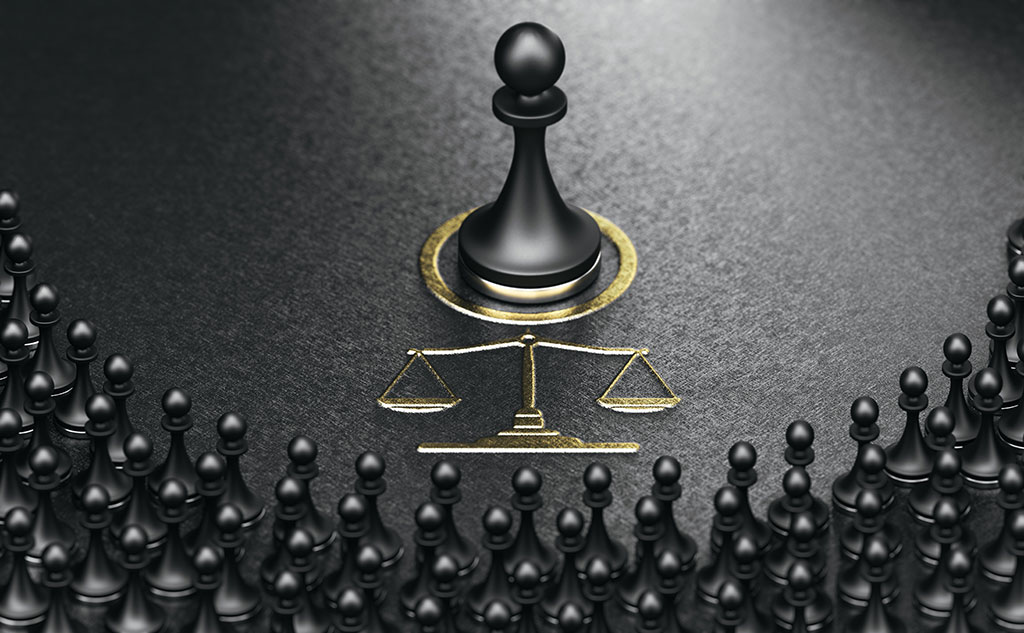
-
Posted By Sirmabekian
-
2022
-
0 Comments
You’ve probably heard about class action lawsuits in the news and wondered how it works. This form of litigation may be brought to federal or state courts depending on which laws are involved.
How These Lawsuits Work
Class action litigation is a civil suit that is brought to court to represent a consortium of persons or business interests who’ve sustained a common injury as the result of the defendant’s actions. At a minimum, one party will represent the group and though the issues for each class action may vary, they are commonly disputed by all the class members.
What Are The Advantages of Class Action Litigation?
While it is technically possible for each litigant to bring in their own individual action, it is sometimes considered more practical for courts, the defendant, and the plaintiff to combine these individual actions within a single lawsuit. Additional advantages include:
- A single group of witnesses with one expert set and documentation
- Reduced cost and ability for law firms to handle one case rather than many
- Individuals often lack enough singular damages to justify trying their cases separately
For instance, let’s say that a well-known bank is caught charging their customers illegal fees. Individually, the fees are too small to bother with litigation for each customer, but because the combined amounts are large, a single class action suit claiming a large sum on behalf of the many customers is worthwhile.
Additional Reasons This Form of Litigation is Used
Another reason why class action suits are so popular is that a single recovery means every victim gets a fair damage distribution. If there were multiple lawsuits instead, the initial few plaintiffs who win might receive most of the insurance proceeds and assets leaving little for those who win subsequently.
Courts themselves prefer class action litigation since a single lawsuit is much more cost-effective than dealing with multiple cases, which would clog up court schedules. Finally, class action suits often benefit plaintiffs because it enables their attorneys to contest large and powerful corporations that often have their own high-powered legal teams. Even multinational corporations that find themselves having to defend against multiple claims simultaneously will often settle and change their conduct.
Scenarios Which Commonly Result in Class Action Litigation
There are a number of conflicts and scenarios which might warrant class action litigation. Examples of this include:
- Personal injury: If it is discovered that a product is defective in a manner that causes harm to a substantial number of people, this can result in a class action lawsuit especially if it’s discovered that the manufacturer engaged in fraudulent or deceptive production practices.
- Securities: If a financial services firm or bank is found to have defrauded their customers in any way, and whistleblowers are able to prove it, that organization would be held liable in a court of law.
Additionally, companies or business entities that are involved in scams or illegal business practices are liable. This includes but is not limited to monopolistic schemes, price-fixing, and agreements for market allocation.
 English
English Spanish
Spanish